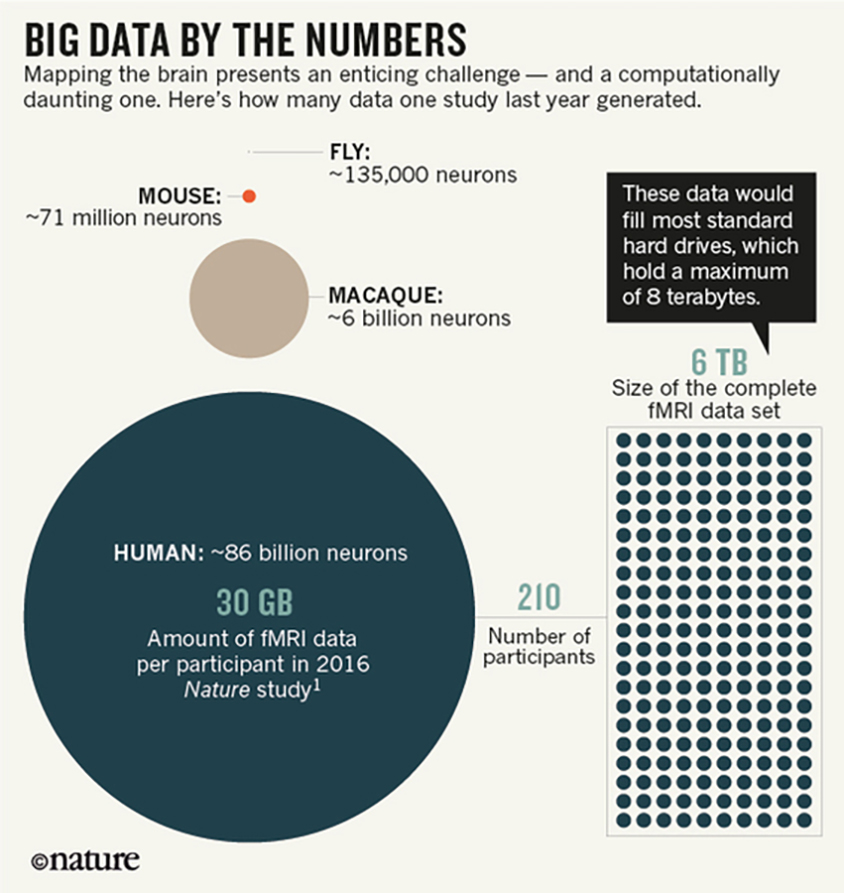WEEK OF
January 23rd
It’s been one week since Donald Trump’s inauguration and already the U.S. president is rattling researchers’ nerves.
First, there was Andrew Wakefield’s appearance at an inaugural ball. The disbarred British doctor, whose repeatedly debunked study linking autism to vaccines spurred the anti-vaccine movement, was scouting the party for people he could “prevail upon” to make the world “a safer place for children,” STAT reported.
Wakefield’s rare public appearance follows reports that Trump asked another anti-vaxxer, Robert F. Kennedy Jr., to chair a commission on vaccine safety.
Meanwhile, Trump’s pick for secretary of education plans to retain a hefty financial interest in a brain-training company. Betsy DeVos, a billionaire who has long advocated for school choice, has up to $25 million invested in Neurocore Brain Performance Centers, according to The New York Times.
Neurocore claims to ease the features of several neuropsychiatric conditions, including autism, through a controversial technique called biofeedback. The idea is that you can learn to keep your brain activity in a ‘therapeutic range.’
During her Senate confirmation hearing, DeVos also seemed not to fully understand a law that requires public schools to provide education for people with disabilities, The New York Times reported.
Some researchers see the new president and his “alternative facts” as a call to arms. Many took to the streets the day after the inauguration to protest Trump’s stance on science, and the activism continues on Twitter with hashtags such as #USofScience and #SciTrump.
News flash: not talking about something does not make it any less real. #USofScience https://t.co/TCUCGPvFxl
— Chris Gunter (@girlscientist) January 20, 2017
There is also talk of a dedicated March for Science. A private Facebook group organizing the event already has more than 500,000 members.
It’s appropriate to have a dedicated protest to send the message that science (and facts in general) matter. https://t.co/eJwV9sSACg
— Jonathan Sebat (@sebatlab) January 25, 2017
Some scientists are even considering running for office, according to an article in The Atlantic on Wednesday. “A lot of scientists traditionally feel that science is above politics but we’re seeing that politics is not above getting involved in science,” Shaughnessy Naughton, founder of the pro-science nonprofit 314 Action, told the magazine. “We’re losing, and the only way to stop that is to get more people with scientific backgrounds at the table.”
Politics also may permeate labs. A story in Science exposes the dramatic personal politics within one particular lab at Harvard University.
The story centers on Gustavo German, a graduate student in Lee Rubin’s lab at Harvard. Last June, German received a surprise visit from three police officers in the middle of the night. On order from a doctor with Harvard’s health service, the officers made him go to the hospital for a psychiatric evaluation. The doctor found nothing unusual, and German returned home. But a Harvard official later told him not to return to Rubin’s lab.
What follows is a cringe-worthy chronicle of German and Rubin’s relationship. German had previously accused Rubin of scientific misconduct, and says the psych evaluation was an act of retaliation. Rubin objects to German’s claim, saying he strove to resolve the tensions between them. A judge sided with German, allowing the student to remain in the lab and issuing a restraining order that requires Rubin to stay at least 100 feet away from German at all times. That means Rubin’s own lab is off-limits to him when German is there.
The deeply reported story, by Alison McCook of Retraction Watch, is a great read.
Fly brains are pretty small, consisting of just 135,000 neurons. But it took Taiwanese researchers a decade to scan every cell, according to an article in Nature this week. At that rate, it would take 17 million years to take snapshots of all 86 billion neurons in the human brain.
The article highlights the amount of computing power researchers need for big brain projects. A detailed image of a single neuron contains about 1 gigabyte of data. This chart helps to put the numbers in perspective.

A documentary about a young man with autism who learned to communicate through Disney movies earned an Oscar nomination on Tuesday.
“Life, Animated” tells the story of Owen Suskind, who stopped speaking at age 3. But when his parents recognized the boy’s love for Disney movies, they began to use these movies to connect with him. The documentary chronicles Suskind’s tremendous growth since his sudden regression in childhood.
The movie is based on a bestselling book, “Life, Animated,” by Suskind’s father, Ron Suskind.
Thomas Frazier, director of the Cleveland Clinic Children’s Center for Autism, will join Autism Speaks as chief science officer in April. David Mandell has been promoted to professor of psychiatry and pediatrics at the University of Pennsylvania. Geoff Bird has moved his lab from Kings College London to the University of Oxford in the United Kingdom. Jason Yi, who completed his postdoc in Mark Zylka’s lab at the University of North Carolina at Chapel Hill, now heads his own lab at Washington University in St. Louis, Missouri.
Making a career move? Send your news to [email protected].
By joining the discussion, you agree to our privacy policy.